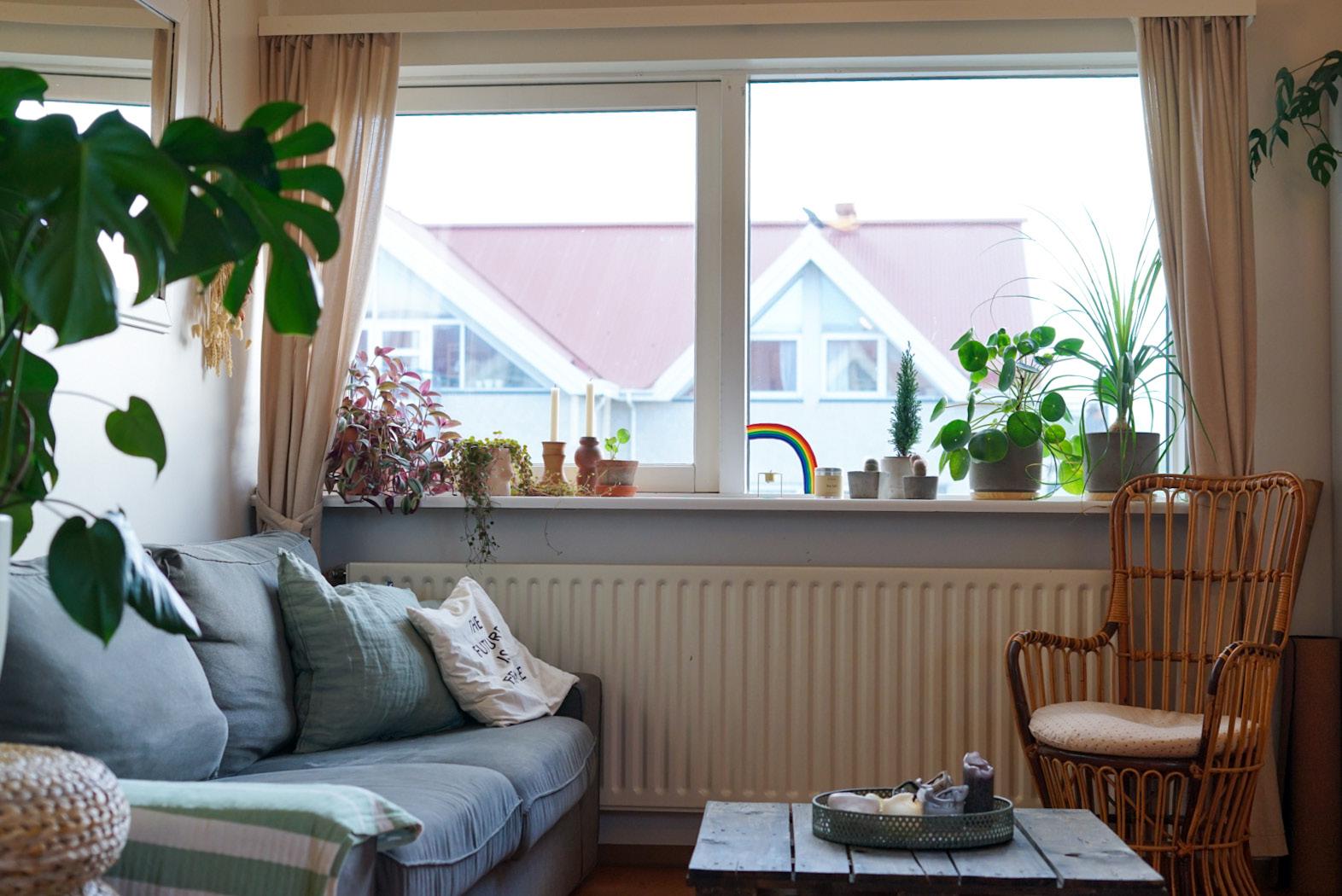
3 minute read
Editor's Address
ÞÝÐING TRANSLATION Julie Summers

Hólmfríður María Bjarnardóttir
Photo: Kata Jóhanness
Advertisement
What does the future hold? It’s a question we all ask ourselves from time to time, some more than others, but it always seems to crop up in some form. Maybe you ran into your aunt at a confirmation party and she asked what you’re doing with your life and what your next steps are, maybe you’ve been pondering the future with your partner or friends, or maybe you just saw a movie that got you thinking. This issue’s theme is the future, with its multitude of manifestations, twists and turns, and simplicity. My questions about the future are constantly changing. I think about where I’ll be in 5, 10, or 40 years, what I’ll be doing, where I’ll be living, what relationships will have lasted and whether there will be some new faces in my life. I wonder what the state of the world will be in relation to the environment, the publishing industry, agriculture, politics, education, and the list goes on.
We have entered into a new year, 2021. Pretty soon we’ll remember to write “2021” instead of “2020” when we have to scribble down the date for whatever reason. Many people imagined that the new year would be a new beginning, that the New Year’s fireworks could somehow drive the virus away, but we must still take care. The year did indeed start with a bang, but not the way we expected; by now everyone has surely heard how the cold water main in Vesturbær burst, flooding several university buildings with a swimming pool’s worth of water. Campus facilities suffered significant damage, including several large classrooms that were supposed to be used for in-person instruction. News of the flooding brought great disappointment, as many students were excited to attend classes on campus again, even with restrictions. Instead, our studies will continue to take place online, and we just have to make the best of it. Be sure to check out the first two issues of the school year for articles with all sorts of advice for students and others on coping with our new digital reality.
DON’T STUDENTS DESERVE BETTER?
At the end of January, the Student Council launched a campaign titled “Don’t students deserve better?” The Council is demanding that students be guaranteed the right to unemployment benefits, that the basic support rate for maintenance loans from the Student Loan Fund be raised, and that the authorities reach out to students in good faith and work to foster a spirit of true cooperation. Data from the Eurostudent VII report shows that 72% of Icelandic students work because they wouldn’t be able to afford school otherwise, 31% of Icelandic students are facing financial difficulties, and 25% believe their job affects their performance in school. The survey was conducted before the pandemic, and the situation has undoubtedly worsened since then.
The Council’s demand for unemployment benefits is not about enabling students to slack off; it’s about ensuring that every student who needs financial assistance due to unemployment has the same opportunities as other working people. Students, like all workers, pay 1.35% of their salary into the employment protection fund and the insurance fund for self-employed individuals. As a result, it’s more than a little bit strange that students are told they have no right to receive assistance from these funds. In fact, they did have the right to unemployment benefits until 2010, when the rules were changed and students were left up a creek without a paddle, while other working people sailed on by.
Many people have wondered why students are complaining. After all, they have the student loan system. The system is certainly a support for students, but basic support is not enough for students to cover all their expenses. Students are forced to work alongside their studies – but can’t work too much, because making too much money means risking your loan funding. The Student Council is here to advocate on students’ behalf and protect their rights.
Last year, the Student Council celebrated 100 years. To mark the occasion, we created a documentary series about the Council’s history and past century of advocacy. The episodes aired on Thursdays in February on RÚV. I recommend checking them out and getting to know the Student Council’s magical story.
I’d like to thank everyone who was involved in the making of this paper. It’s not easy work to do in the midst of a pandemic, with our thoughts being pulled in a million different directions.










